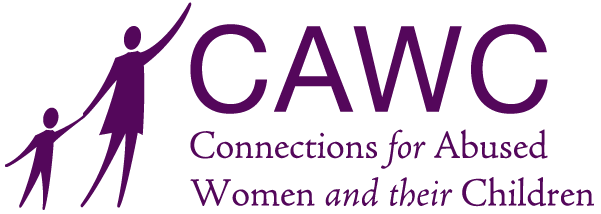Most of us are accustomed to thinking of domestic violence in terms of its impact on the survivor’s life, or perhaps their immediate circle of family and friends. It’s hard to imagine how an instance of domestic violence might impact, say, a stranger in the next town over, or someone across the country—but it does.
Quantifying the Ripple Effects of Domestic Violence
The reality is that the consequences of domestic violence are never confined to a single person’s life, or even their household or wider network. They affect all of us, even if we aren’t aware of it. To fully understand how, consider the following data that illustrate the economic impact of domestic violence in the US and beyond:
- Over half of survivors of domestic violence experience negative consequences in their professional lives, including being distracted at work, working fewer hours, or even losing their job or being forced to quit. According to estimates from the National Violence Against Women Survey (NVAWS), women in the US lose nearly 8 million paid work days as a result of violence committed against them by partners. A multinational survey conducted by the US Agency for International Development corroborates this: it found that higher levels of violence against women and girls are linked with lower economic activity.
- In addition to the healthcare that many survivors receive in the immediate aftermath of abuse, experts believe that experiencing abuse may lead to long-term health consequences.
As a result, survivors of abuse may be more likely to utilize medical and mental health services more often, resulting in increased healthcare costs both for those individuals and the healthcare system as a whole. In 2003, it was estimated that domestic violence resulted in a total of $4.1 billion in direct medical and mental health costs each year—even more in today’s money.
- Children who are exposed to domestic violence may also experience lasting (and costly) consequences. One study found that children who are exposed to domestic violence may later exhibit higher healthcare costs, increased criminal behavior, and lower productivity, resulting in more than $55 billion in costs.
Connections for Abused Women and Their Children (CAWC) is dedicated to reducing the cost of domestic violence—both personal and economic. We believe that everyone has a right to a life free of violence. Our mission to end domestic violence is rooted in education, service, and advocacy. In addition to working toward broader social change, we provide empowerment-based and trauma-informed support in the form of shelter, counseling, and advocacy, to individuals affected by domestic violence and their children. If you or someone you know is struggling with domestic violence, don’t hesitate to call our 24-hour hotline at (773) 278-4566. To support our work, consider volunteering or donating.
